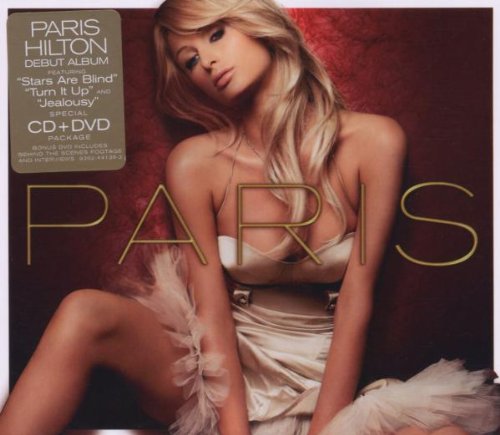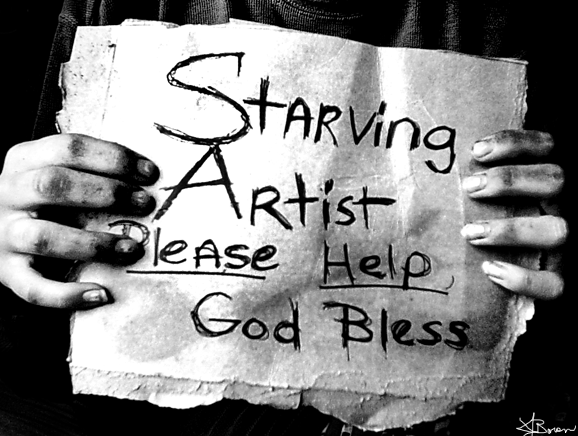
Hey new schoolers:
I recently came across a repost that said, “EDM Boomers be like: ‘That’s a show, not a rave.’” First of all, whoa there. Boomers? No, we are Gen X. The feral generation. We were the first generation from single parents, the first generation of households that required and allowed both parents to work. We were the latch key kids, the kids that had to play outside until dark, or else. The last generation to have a legitimate “or else”. We are the ones that created the rave scene from the ground up in the very abandoned warehouses that were our playgrounds as kids. Don’t get it twisted, you owe us, and yet all we ask for is a modicum of respect and recognition.
We were the last generation where the generation before it waged war on our music. I won’t go down the long history of ragtime to jazz, to rock, to rap, to dance music and the battles that each generation faced, but I will say this, look up the Rave Act. A little piece of legislation that tried to equate our events to crack houses. People were arrested, gear was taken, lives destroyed just because we wanted a place we were accepted and could dance. We had to fight every step of the way for acceptance and legitimacy. Something that you get to take for granted. Even now, the people that we were trying to escape from, that persecuted us, are accepted and included at the very events we created to find peace. We did that.
Do you know what a rave was? It was defiance. It was war. We didn’t have permission, we didn’t make money, it wasn’t a business. It was a necessity. Even if it meant we broke locks and fired up generators, it was a revolution. There was no VIP section, no bottle service, no advanced tickets. There was a hotline that posted the location hours before the event to give us the best chance of getting a few moments of dancing before the cops broke it up and arrested the DJs. That was a rave. These DJ-centered stages, elaborate displays, video, lights, lasers, that is luxury. Those are shows. Decadence that exists because we won the war. We persisted, we pushed, we demanded respect and a place to be. Our revolution was successful and because of that you owe us, but still, we just ask for respect. We earned it. But again, don’t get it twisted, we don’t need it, we will survive whether you give it or not.
“Underground will live forever baby.
We’re just like roaches, never dying, always living.
…and on that note, let’s get back to the program.”
Hey old schoolers:
Cut the kids some slack. They don’t know, they didn’t fight the war. They now get to benefit as a result of what we fought for. We can’t control where it grows from here. We can guide, we can educate, but we must let some things go, just like with kids. Some will listen, some will scoff. Some will stumble, some will soar. But just know that we won, we did it. We built a foundation that the new school has the freedom to explore in ways that we never did. Eventually we will be forgotten by most, but there will always be those that know the difference between Led Zeppelin and KISS. Between Daft Punk and Marshmello. There will always be those that can appreciate each for their own merits.
This doesn’t mean we are irrelevant, that we need to fade into obsolescence. No, we now have the same freedoms that they do. Freedoms we created. Further, we know how to do it, because we already did it. Be you, be us, new generations will come. There will always be those that seek authenticity, and we are as authentic as it comes. We don’t have to like everything they do, we won’t, they don’t have to like everything we do, they won’t, but enjoy the fact that they are benefitting from our efforts. They have freedom because of us. Just know, whatever they decided to do with the foundation and freedom we gave them, that foundation will stand, because of us, because we built it right.
“In the beginning there was Jack, and Jack had a groove
And from this groove came the groove of all grooves”









 Even if you don’t know David Herrero by name, there is a good chance you’ve heard his productions or have seen him DJ somewhere. With releases on such venerable labels as Cr2, Nervous, and Defected that have been supported by the likes of Marco Carola, Loco Dice, Nic Fanciulli, Richie Hawtin and many others, as well as having played at internationally known clubs like Space Miami, it’s pretty obvious that David has quite a bit of experience in the underground music business.
Even if you don’t know David Herrero by name, there is a good chance you’ve heard his productions or have seen him DJ somewhere. With releases on such venerable labels as Cr2, Nervous, and Defected that have been supported by the likes of Marco Carola, Loco Dice, Nic Fanciulli, Richie Hawtin and many others, as well as having played at internationally known clubs like Space Miami, it’s pretty obvious that David has quite a bit of experience in the underground music business.








